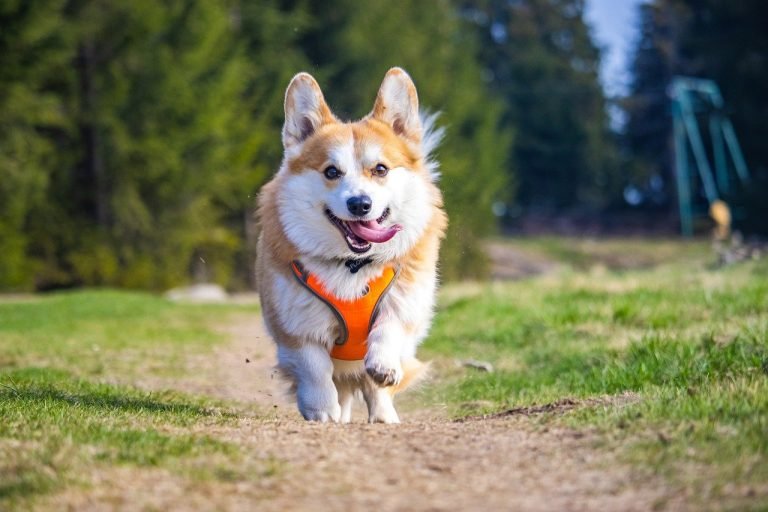
As our pets age, their needs change, and they require special attention and care to ensure their comfort and well-being. Senior pets bring an abundance of love and joy to our lives, and it’s our responsibility to provide them with the support they need during their golden years. In this article, we will explore the unique considerations for senior pet wellness, tips for maintaining their quality of life, and the importance of regular veterinary care.
Understanding Senior Pet Needs:
1. Diet and Nutrition: Aging pets often have different nutritional requirements. Consult with your veterinarian to determine a diet that suits your senior pet’s specific needs, considering factors such as weight management, joint health, and potential medical conditions.
2. Exercise and Activity: While senior pets may not have the same energy levels as when they were younger, regular, gentle exercise is still essential to keep their muscles toned, joints mobile, and prevent weight gain. Modify exercise routines to accommodate their abilities and provide mental stimulation.
3. Joint Health: Arthritis and joint stiffness are common in senior pets. Provide comfortable bedding and consider joint supplements or medications prescribed by your veterinarian to help manage any pain or discomfort.
4. Dental Care: Dental health becomes increasingly important as pets age. Regular dental cleanings, dental-friendly diets, and appropriate chew toys can help maintain oral hygiene and prevent dental disease.
5. Environmental Adaptations: Make necessary adjustments to your home to accommodate your senior pet’s changing needs. Provide ramps or steps to assist with getting on and off furniture, ensure non-slip surfaces, and create a safe and easily accessible living environment.
6. Mental Stimulation: Engage in activities that promote mental stimulation, such as puzzle toys, gentle training exercises, and interactive playtime. This helps keep their minds sharp and wards off cognitive decline.
7. Regular Veterinary Check-ups: Senior pets should have more frequent veterinary visits for comprehensive check-ups and preventive care. These visits can help detect and manage age-related health conditions early on.
8. Emotional Support: Offer your senior pet plenty of love, attention, and companionship. Spending quality time together, maintaining routines, and providing a calm and comforting environment can greatly contribute to their emotional well-being.
As our pets age, they deserve extra care and attention to ensure they enjoy a comfortable and fulfilling life. By addressing their unique needs through proper nutrition, exercise, dental care, and regular veterinary check-ups, we can support their overall well-being and aging process. Remember, the love and companionship our senior pets provide are invaluable, and it’s our responsibility to reciprocate by providing them with the care and respect they deserve. Let’s celebrate the journey of aging gracefully with our beloved senior pets and cherish every precious moment together.